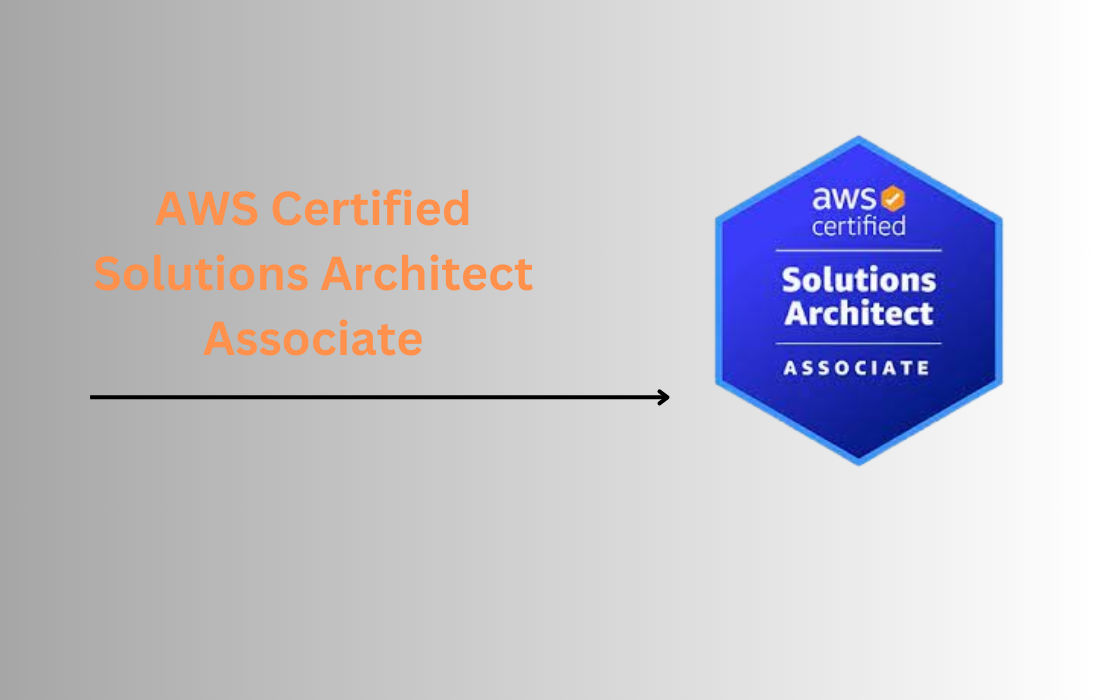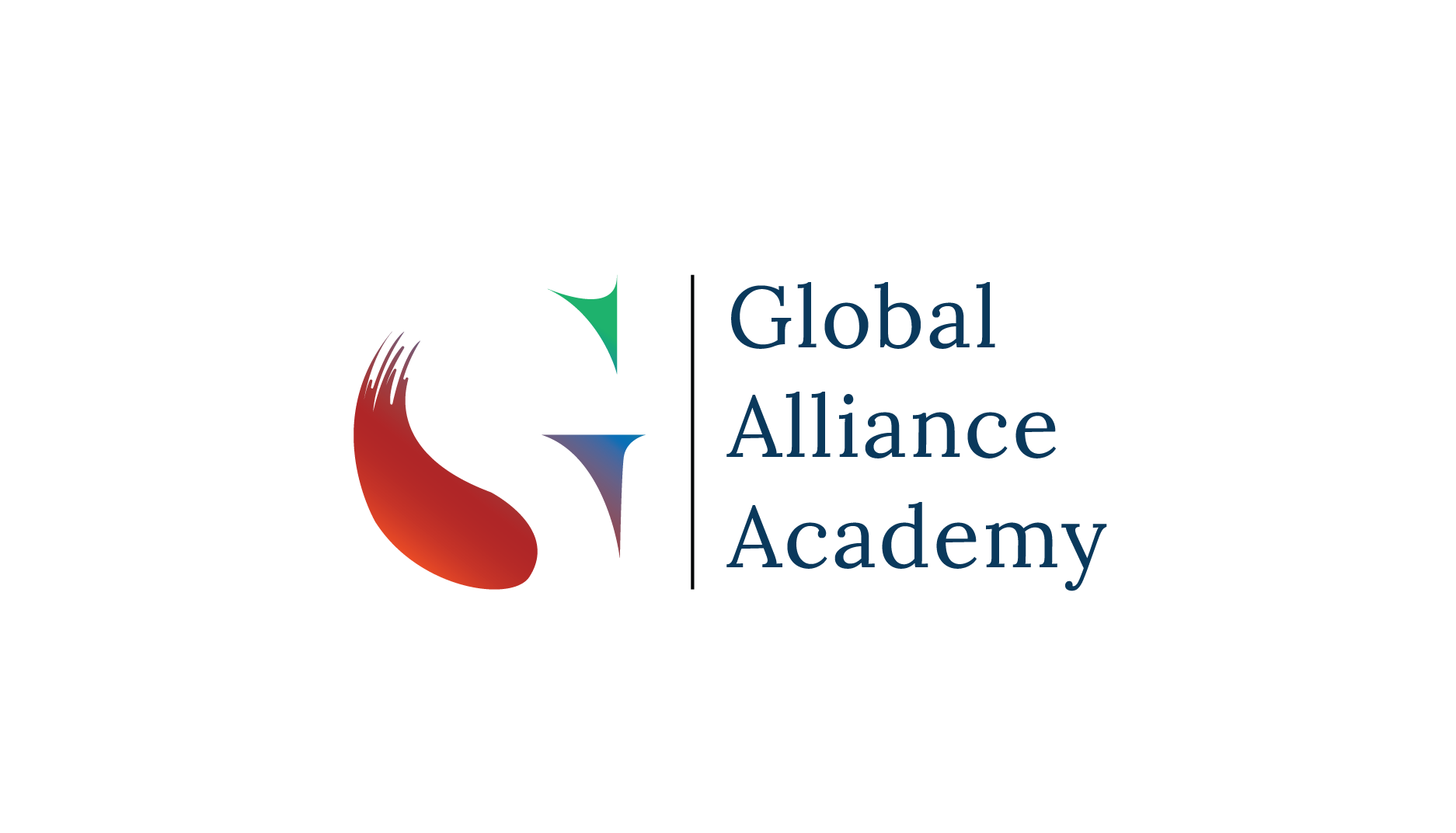DevOps Engineer Training Program
The DevOps Engineer Program is designed to equip you with proficiency in every facet of software development (Dev) and technology operations (Ops). This comprehensive training incorporates the principles of continuous deployment and continuous monitoring. Throughout the program, you will gain expertise in implementing a variety of tools, including Puppet, Nagios, Chef, Docker, Git, and Jenkins.
DevOps Engineer Training
To furnish you with profound insights into DevOps methodologies, we’ve curated specialized courses including Certified DevOps Professional (CDOP), Certified Agile DevOps Professional (CADOP), Certified DevOps Security Professional (CDSOP), and Certified SecOps Professional (CSOP). Enrolling in these meticulously crafted certifications will not only enhance your skills but also lead to reduced inefficiencies, heightened customer satisfaction, improved reliability, accelerated product delivery, and increase your chances of passing the examination on your initial attempt.
- download course brochure
- apply form
- take this course
- Category: Foundational
- Exam duration 90 minutes
- Exam format: 65 questions
- Pearson VUE testing center
- Duration: 10 weeks
- Cost:
- Date:Please inquire about the next session.
- Who Should Attend:
IT professionals aspiring to become AWS Certified Solutions Architects.
System Administrators, Developers, and DevOps Engineers working with AWS.
Individuals seeking to enhance their cloud computing skills and advance their careers in the cloud industry
Course Overview
DevOps, a fusion of Software Development and IT Operations, prioritizes collaboration within organizations. Distinctive in approach, it’s not a product or framework but revolves around eight key principles fostering a productive work culture.
Explore our specialized courses: Certified DevOps Professional (CDOP), Certified Agile DevOps Professional (CADOP), Certified DevOps Security Professional (CDSOP), and Certified SecOps Professional (CSOP). These certifications offer profound insights, aiding in reducing inefficiencies, enhancing customer satisfaction, improving reliability, accelerating product delivery, and increasing exam success on your first attempt.
Course Objectives: Upon completion of this course, participants will:
- Comprehend the fundamental principles and methodologies of DevOps and its significance in contemporary software development practices.
- Develop proficiency in utilizing an array of DevOps tools and technologies to automate processes, facilitate continuous integration, and ensure seamless continuous delivery.
- Master containerization technologies such as Docker and the orchestration of containers with Kubernetes.
- Learn the skills required to establish and oversee CI/CD pipelines utilizing platforms such as Jenkins, GitLab CI, or CircleCI.
- Gain knowledge in monitoring and addressing issues related to applications and infrastructure, employing tools such as Prometheus, Grafana, ELK stack, or Splunk.
- Comprehend the best practices for security within the DevOps framework and implement appropriate security measures across the software development lifecycle.
- Foster effective collaboration within cross-functional teams to optimize development processes and enhance deployment flexibility.
- Obtain practical experience through engaging in hands-on projects and navigating real-world scenarios, preparing for roles within the DevOps domain in the industry.
Course Outline:
Introduction to DevOps
- Grasp the core principles and cultural aspects of DevOps
- Explore the historical development of DevOps
- Analyze the advantages of implementing DevOps
- Examine various practices and methodologies within the DevOps framework
Version Control Systems (VCS)
- Introduce Git, a version control system
- Explore different Git workflows such as Gitflow and GitHub Flow
- Learn about branching, merging, and conflict resolution in Git.
- Discuss best practices for utilizing Git effectively
Continuous Integration (CI)
- Understand the concept of CI/CD pipelines
- Set up Jenkins for continuous integration
- Automate build and test processes
- Integrate CI with version control systems and other relevant tools
Configuration Management
- Introduce Configuration Management (CM)
- Explore Infrastructure as Code (IaC) principles
- Learn about tools like Ansible, Puppet, or Chef for configuration management
- Discover strategies for managing configurations across different environments
Containerization with Docker
- Docker fundamentals
- Dockerfile and Docker Compose
- Container orchestration with Docker Swarm
- Understand Docker images, containers, and registries
Introduction to Kubernetes
- Kubernetes architecture
- Pods, Deployments, Services
- Kubernetes networking and storage
Continuous Deployment (CD):
- Explore the principles and practices of continuous deployment
- Deploy applications using Jenkins and Kubernetes
- Understand deployment strategies such as blue-green deployments and canary releases
- Implement monitoring and rollback strategies for deployments
Monitoring and Logging:
- Understand the importance of monitoring and logging in DevOps
- Implement monitoring using tools like Prometheus and Grafana
- Learn about centralized logging using the ELK stack (Elasticsearch, Logstash, Kibana)
- Explore alerting and troubleshooting techniques for monitoring systems
Cloud Infrastructure and Services
- Introduce cloud computing platforms like AWS, Azure, and GCP
- Learn about infrastructure provisioning and management in the cloud
- Understand how to leverage cloud services for DevOps practices
- Explore security and compliance considerations in cloud environments
DevOps Best Practices and Culture
- Explore DevOps metrics and Key Performance Indicators (KPIs)
- Learn strategies for fostering a DevOps culture within organizations
- Discuss collaboration and communication techniques for cross-functional teams
- Analyze case studies and real-world examples of successful DevOps implementations
Career Advancement:
- Empower individuals to progress in their careers by obtaining a recognized certification that aligns with industry demands and standards.
Industry Recognition:
- Provide training that is valued by employers, ensuring that certified individuals are recognized and sought after in the competitive job market.

Delivery Method: Our training programs offer a flexible delivery method with both classroom-based and virtual live sessions, allowing participants to choose the mode that suits their preferences and schedules..
Assessment and Certification:
- Weekly quizzes and assignments.
- Hands-on labs and projects.
- Mock exams to simulate the AWS Certified Solutions Architect – Associate exam.
- Course completion certificate.
Prerequisites: Participants should have a basic understanding of cloud computing concepts and some familiarity with AWS services.
Enroll now and embark on your journey to becoming an AWS Certified Cloud Practitioner!
